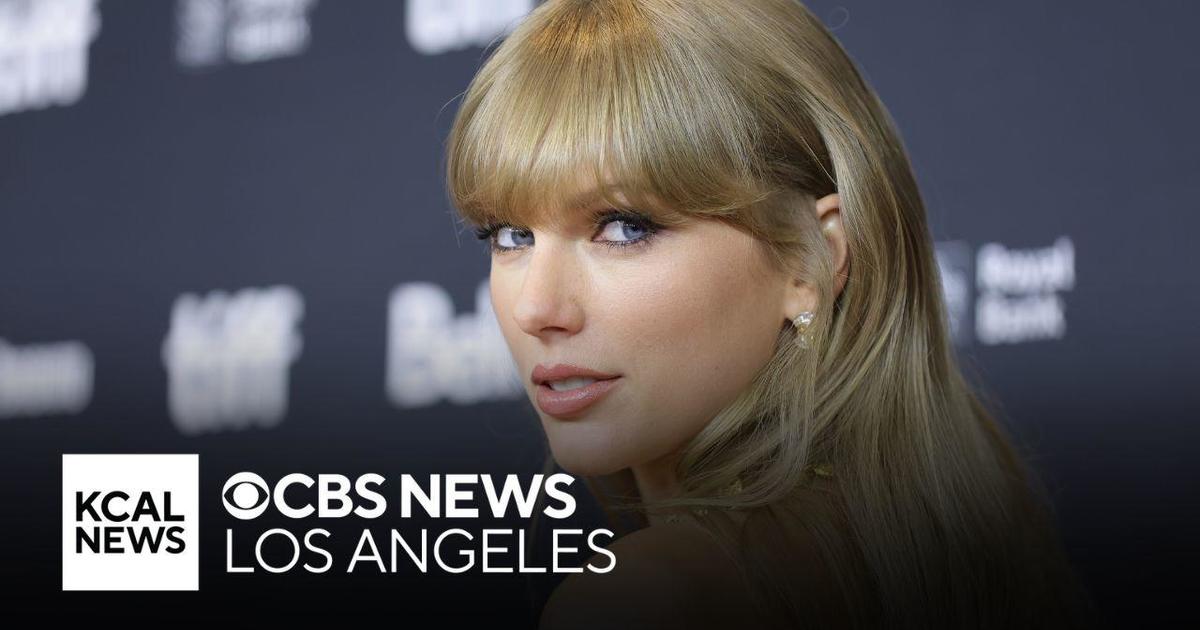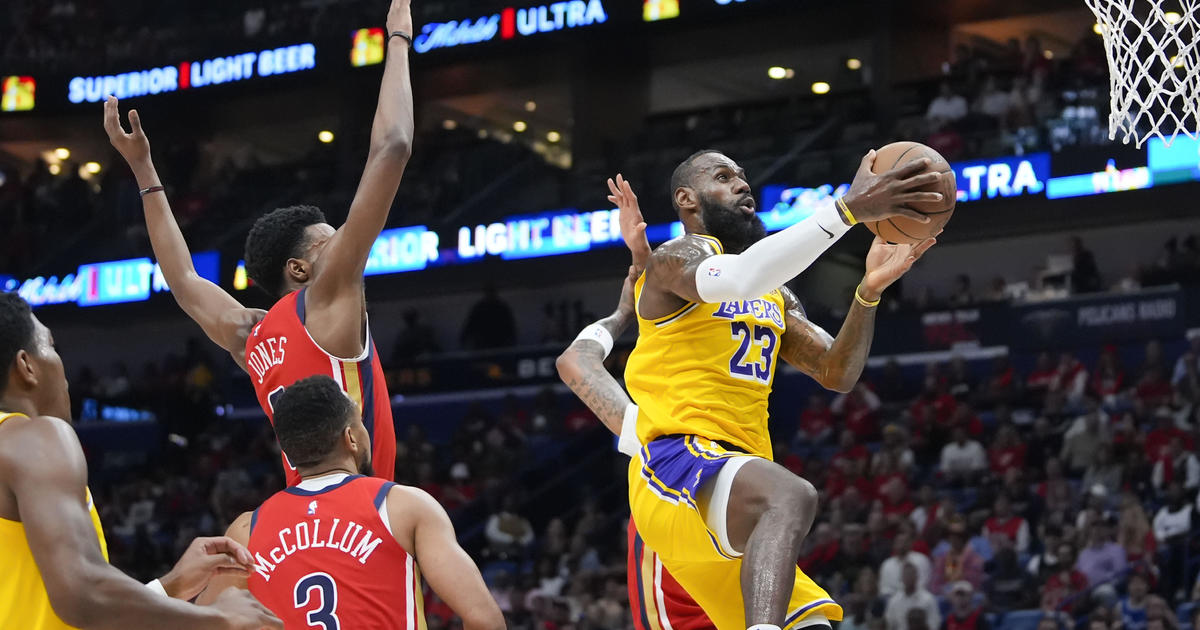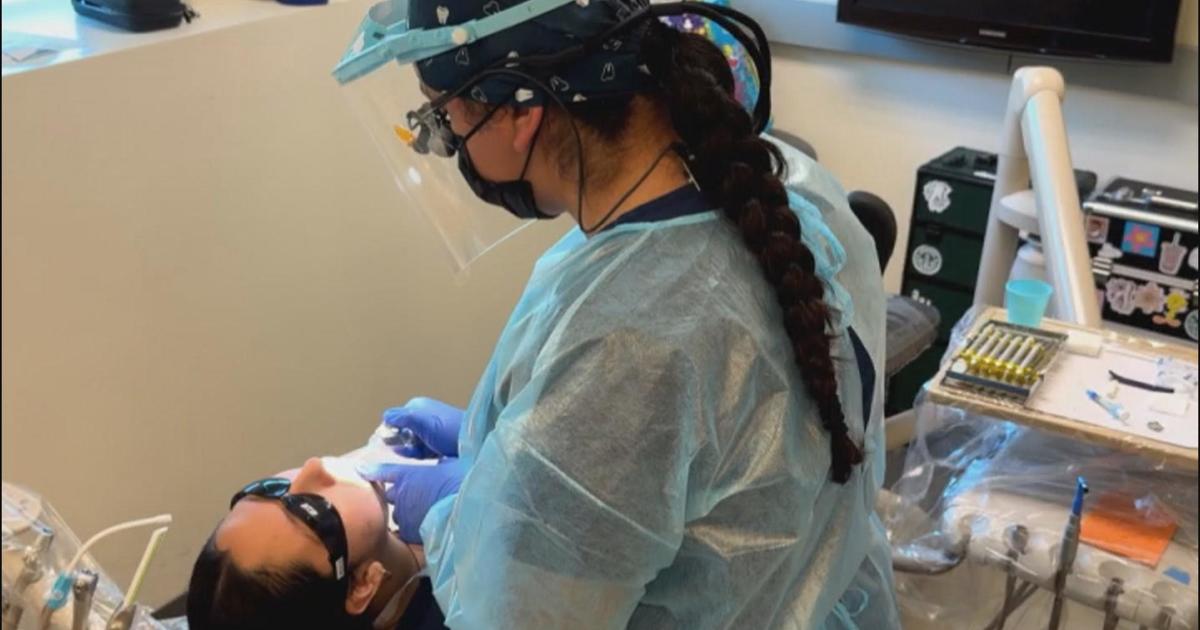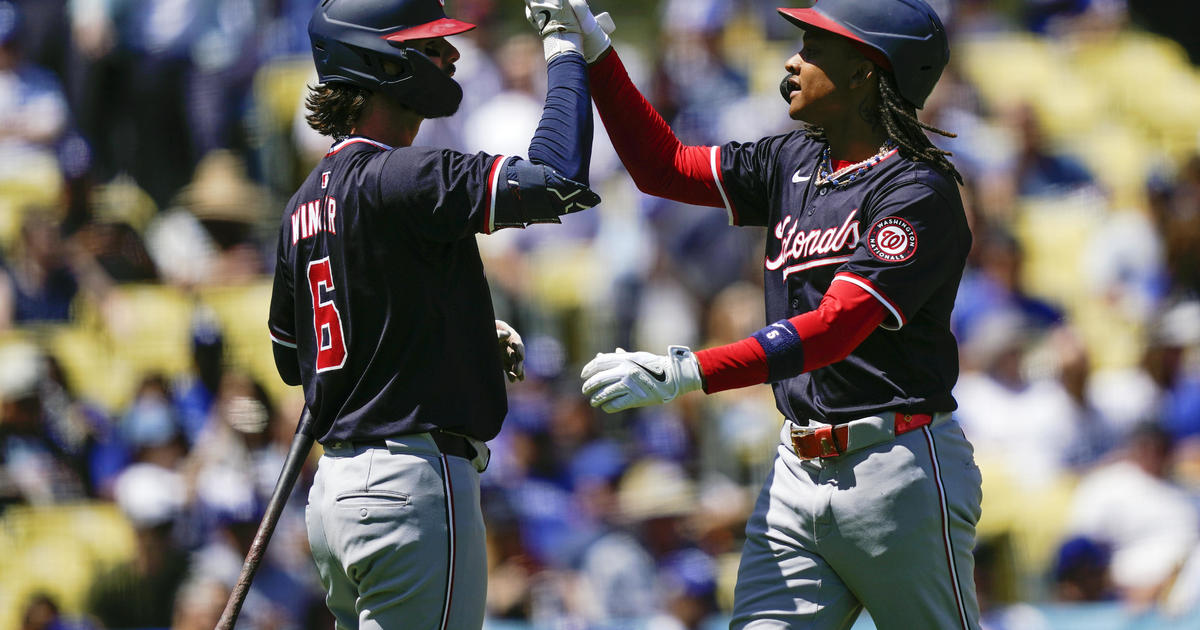Respiratory Therapists Play Critical Role In Keeping Coronavirus Patients Alive
LOS ANGELES (CBSLA) - He's got one of the most critical roles in the battle against COVID-19.
"A good day is not having any code blues, not having any patients dying," says Brian Dodero, a respiratory therapist at Keck Medicine of USC in Los Angeles.
It's Dodero's job to help keep airways open and keep oxygen going into the lungs.
"If you have to go to the hospital because you can't breathe, I'm the person you see," he tells CBS2's Pat Harvey.
"If I can help you with your shortness of breath or what we call "work of breathing," then that's what I'm there to do whether it's giving you a breathing treatment because you have asthma or having to intubate you because you just can't breathe at all."
Respiratory therapists are more in demand than ever.
"With COVID-19 right now, we're really trying to make sure that we take care of these patients as quickly as possible," he says. "And one of the things that we're being told to do is to make sure that we intubate as quickly as possible because these patients struggle to breathe and go downward fast."
Intubation is drastic and invasive.
"[You] put a tube down a patient's throat which goes down into their trachea and then you put them on a mechanical ventilator and that, of course, then does the breathing for the patient."
As a respiratory therapist, Dodero is often just inches away when patients clear, cough or gasp. Lately, precautions have been ramped up.
"We've always had patients that we have to wear personal protective equipment, PPE. I've dealt with other diseases -- patients with tuberculosis," he says.
"This is something that is so unknown at this point and there's definitely no cure or vaccine. So yeah it's scary, but I can't be too scared because if I were constantly thinking about it I wouldn't be giving the proper care."
Of all the STEAM disciplines — science, technology, engineering, art and mathematics — respiratory therapy relies most on science, specifically chemistry and physiology.
"We have to know not just about the lungs, we have to learn about the heart as well," Dodero says.
As for the chemistry?
"Knowing the difference between oxygen versus carbon dioxide as a gas and the way things interact in the blood system as well."
Dodero did not always work in medicine. Until his early 30s, he sold real estate. Then in 2008, the housing market crashed.
"I had to find something else to do so I went back to school," he says.
After a two-year training and certification process, a new cap and gown, a new pin and a whole new career that now includes the battle against COVID-19.
"Right now we're seeing patients coming in who are so much more sick than they normally are," he says.
As he works to help them breathe easier and prepares for the avalanche of the new patients still to come, Dodero says he has no regrets about the work he's devoted his life to.
"No, not at all. I love it and it's been rewarding from day one and I feel it's still rewarding."



